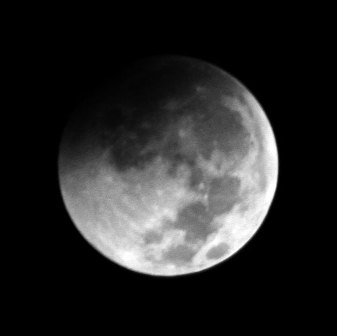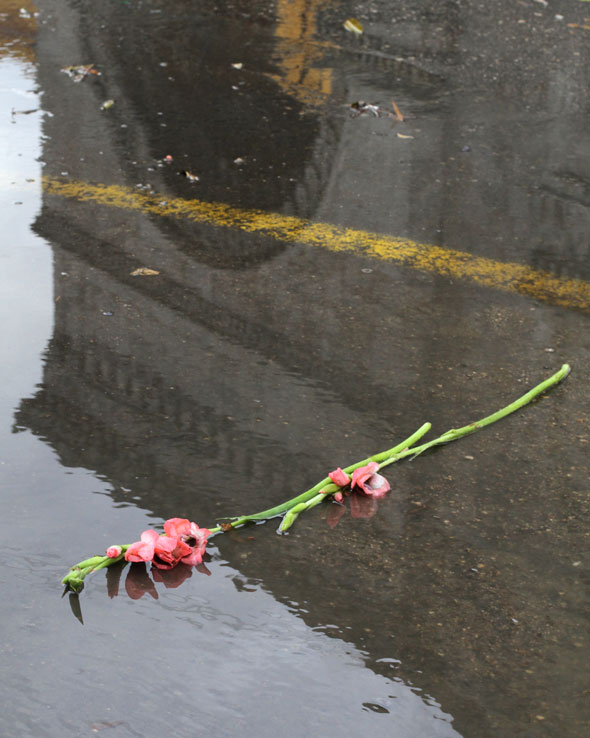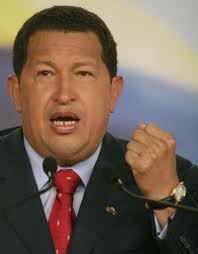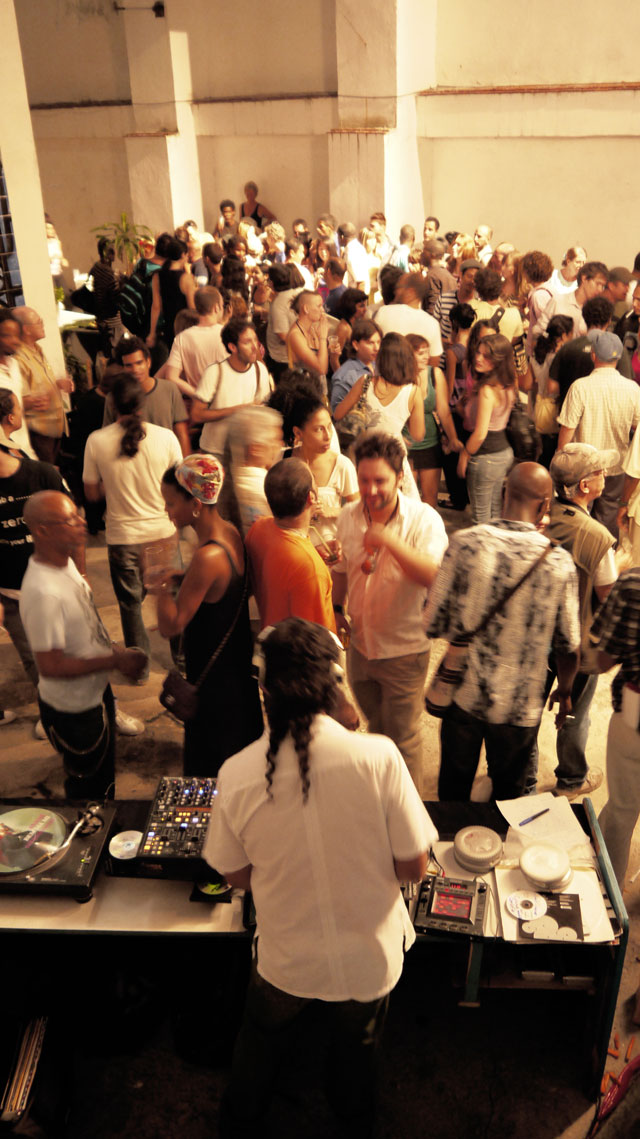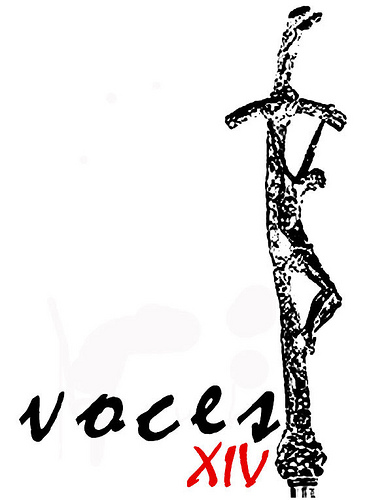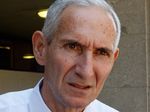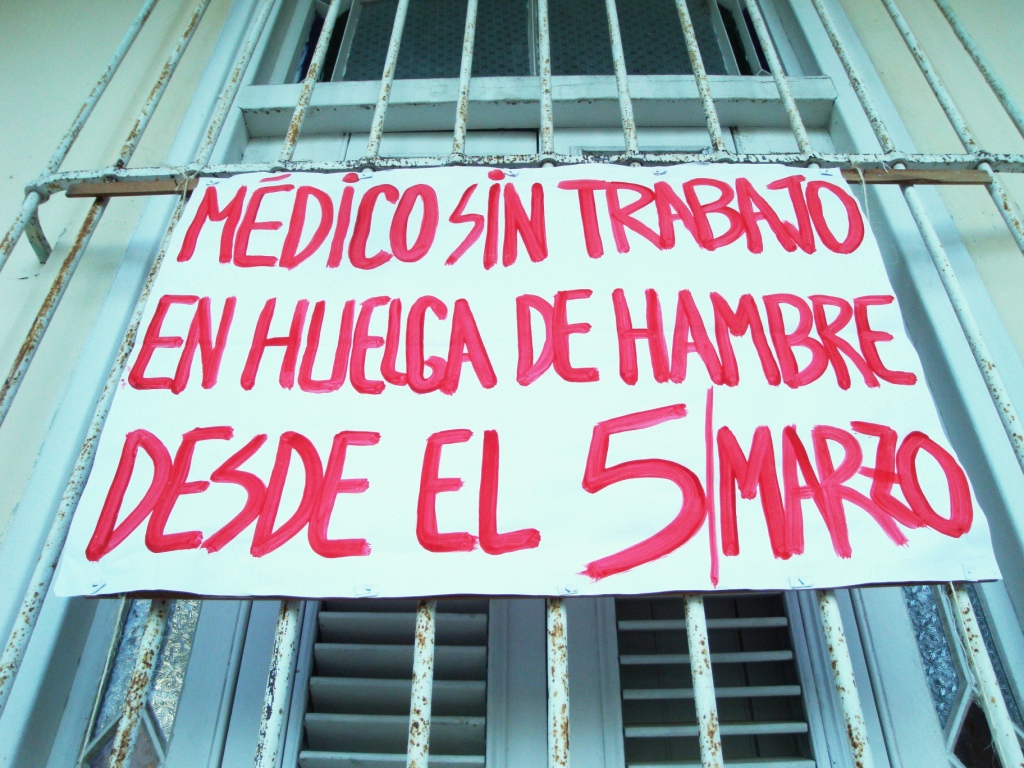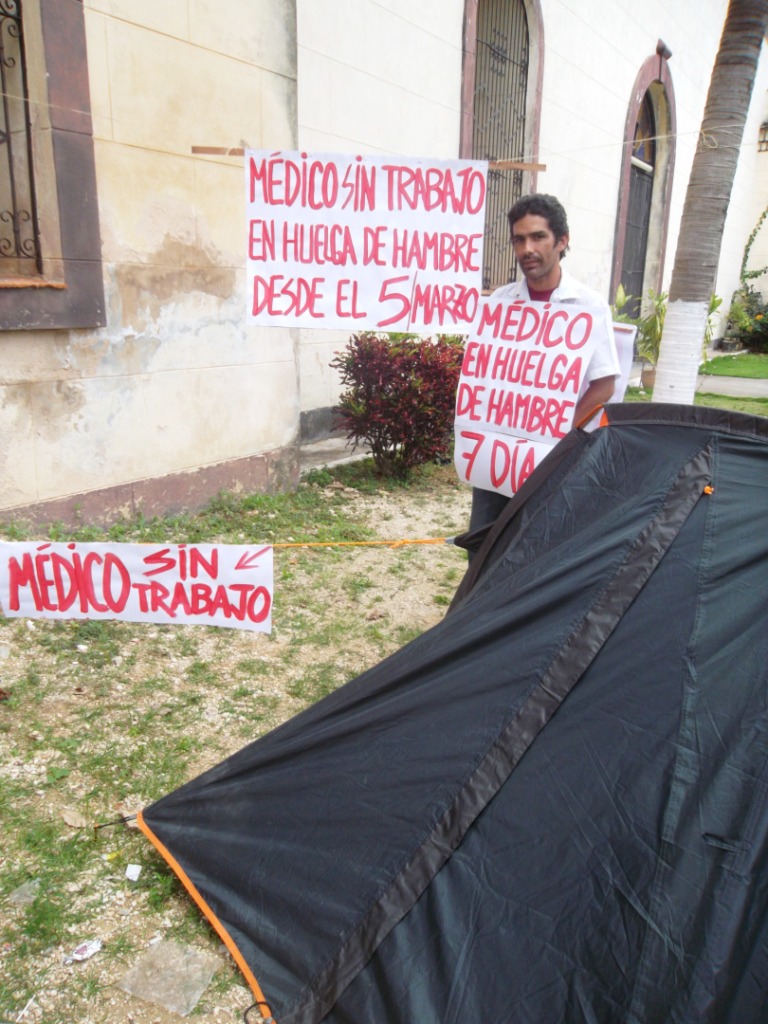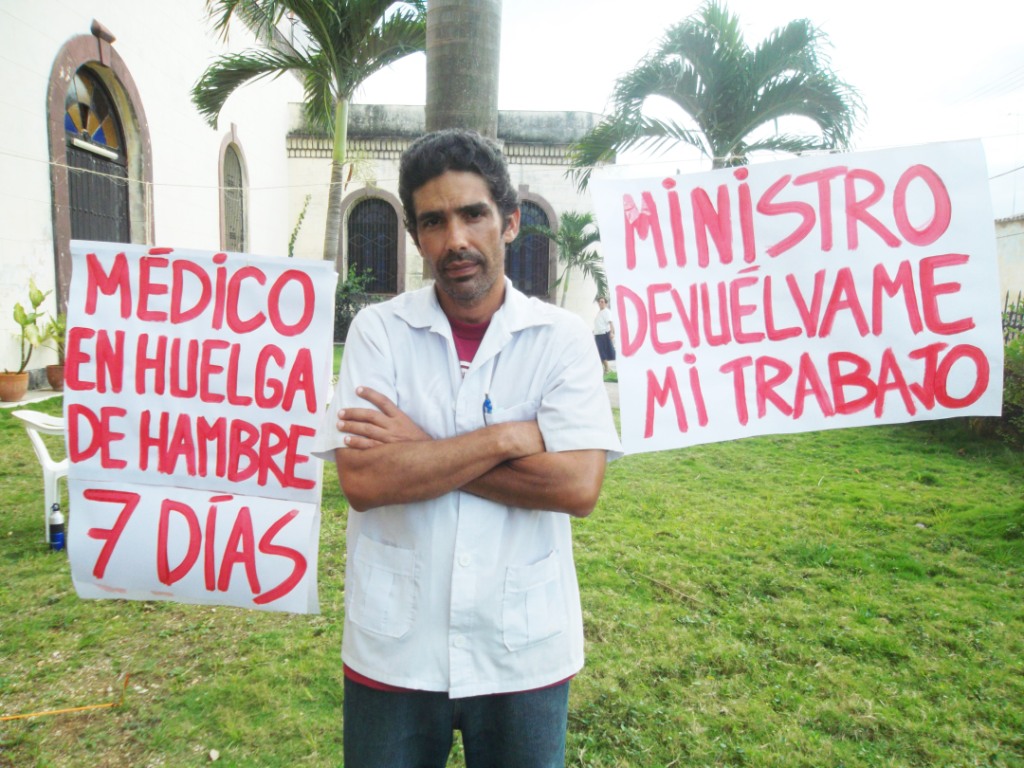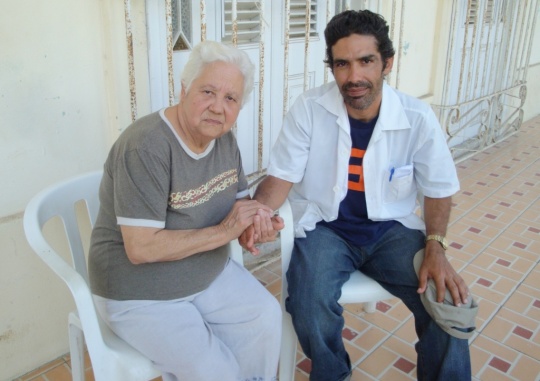By Dagoberto Valdes, Pinar del Rio
Cuba is not the same as in 1998 when John Paul II made the first papal visit in our history. Its government is not the same, though essential and structurally, it remains the same system. Its Church is not the same in its workings and leadership, although essentially and structurally, it also remains identical. The political opposition is not the same; although many groups and historical leaders remain, a new generation has been incorporated, and the number of small parties has been reduced, as consensus and alliances are formed. I think what has changed the most is the rest of independent civil society.
At the same time, the Pope who is coming is Benedict XVI, another person with another style of his pontificate.
So I think it is very important to approach the Cuba the Pope will visit. It is one of the horizontal forms of participation in the preparation of the visit. The closer it gets, the necessary knowledge and information available will consist more or less of the messages and gestures of the Pope, and the more or less objective will be the analysis and evaluation of his trip.
This is my vision of Cuba, just before the announced and expected visit:
Economic vision
The economic changes started timidly do not substantially transformed the centralized and predominantly state owned system. The Cuban state keeps for itself the monopoly of major industries and companies. Land is not delivered in ownership but in usufruct, and the the so-called self-employed are only allowed in a short list of medieval crafts.
The buying and selling of houses and cars is a change only for those who have more. The economic crisis is the result of a economy subsidized first by the Soviet Union and now Venezuela. The government does not free up productive forces and blocks real initiative, open and efficient from all Cubans. So the system is biting its own tail by not recognizing private, cooperative and mixed-ownership of property, not accepting free enterprise or the possibility of investment from both foreigners and Cubans in the diaspora.
Unemployment is rising, there is growing inequality between the few who can and the many who may lose even the little they had. Bread is missing from and freedom, which was the cost paid half a century ago, has not returned. The economy does not run on ideologies or with slogans and cosmetics, it runs on the economy.
However, the Pope will find a people that wants to lift its head, that has not lost initiative and entrepreneurship and that demands more and more strongly its right to economic freedom with responsibility and social justice. For some and for others we would expect a word of ethical encouragement and inner strength from the Pope.
Political vision
The totalitarian Marxist Leninist project is exhausted. It has not achieved the expected results in fifty years, patiently endured by Cubans. It imposed a high human cost and reduced fundamental human rights and responsibilities. State paternalism transformed the people en masse, and changed the entrepreneurial person into a dependent who lives “the culture of the caged chick.” In the unforgettable words of Archbishop Meurice in Santiago de Cuba on the former apostolic visitation, “a growing number of Cubans … have confused the country with a party, the nation with the historical process we have experienced in recent decades, and culture with an ideology. ”
However, the Holy Father can find another group of Cubans committed to the politics of its country, with alternative projects to integrate Cuba into the community of democratic and prosperous nations, while safeguarding citizen sovereignty and national independence. For them as for others, we expect an acknowledgment and a word, based on the Gospel and the Social Doctrine of the Church, summarizing ethics and politics as service to the nation.
Social vision
The Pope found a society that has suffered the consequences of both the economic crisis and political authoritarianism, such that inequality has increased between those with access to remittances from family or friends abroad, or work in joint ventures or foreign missions, and the majority without access to hard currency who survive on totally inadequate wages.
Unemployment multiplied corruption, the black market, moral relativism and the deterioration of values and virtues of the identity of the Cuban people. Alcoholism, prostitution, unstoppable exile, suicide and despair of not having viable life projects, are some of the doors through which Cubans try to escape the social anomie they suffer.
However, the successor of St. Peter will also find a subsistent moral substrate, a sense of social justice and equality of opportunity, a solidarity that relieves poverty but does not cure the root, and can find small social responsibility initiatives that sustain the certainty of the ability of civic recuperation of Cubans, even under daily repression. All of this in framework of a growing web of independent civil society is best articulated through the use of new information technologies and communications. It is the Cuba of autonomous cultural projects, bloggers, independent journalists, human rights groups, the well known Ladies in White and other initiatives.
To confirm and encourage the progress of this social recuperation, we expect to receive words and gestures of the Pope that recognize the pluralism and diversity as wealth. And we want the Pope to preach in Cuba what can be read in the Compendium of the Social Doctrine of the Church: “The political community is essentially in the service of civil society and, ultimately, people and groups that compose it. Civil society, therefore, should not be considered a mere appendage or a variable of the political community; on the contrary, it has the preeminence, as civil society is precisely what justifies the existence of the political community. ” (Compendium of ISD No. 418, p. 231. Libreria Editrice Vaticana, 2004).
Religious view
The pope will find a church more diverse, more present in public life, more missionary, but one that still does not enjoy the authentic religious freedom that is not only freedom of worship, nor relationships based on “permissions” of political authority. He will find, also, a visible and public improvement of relations between the senior church hierarchy and the senior government hierarchy, but still part of His faithful children suffer for their faith, for the consequences of Christian social engagement and for their political choices. A church that still learns responsibility, unity built in diversity and inclusion of all its children who have, as is legitimate, different political, economic and social choices. A church that still learns to be a true mother and teacher, and mediates and shows solidarity with the oppressed.
However, the Vicar of Christ will also find the deep Christian matrix of our culture, a widespread, personal and communal religion, a thirst for God and a hunger for a transcendent and fulfilling life while building the Kingdom of God on this earth. For all its children, not just for some, the Church should receive from its Universal Pastor a word of confirmation in faith, hope and love that unites us and includes us all in its diversity.
Anthropological view
The Pope can find in his in his upcoming visit something less visible, less studied, but absolutely most important and decisive for the future of Cuba. This is the main character, subject and purpose of all this: the human person that is every Cuban.
In my opinion, of all the disasters suffered in this half century of totalitarianism, the most serious and lasting damage is anthropological. A person who has a great share of his inner freedom blocked, is crumbling from lack of oxygen to his own humanity. A person whose individual responsibility is systematically blocked, or superseded with authoritarianism and paternalism, stops growing and becomes an adolescent in civic terms.
The blockade of independent or community life projects crumbles the human soul and promotes existential despair. The blockade of personal, free, and responsible participation, aand the blocking of public spaces where the venture acquires essential community character, causes an unstoppable desire to flee into external exile or internal alienation.
However, the Pope also will find people who have survived almost miraculously by their own efforts in this anthropological disaster. Generous people who have given their lives to serve their countrymen and the world. People who have been healed of this interior damage and work to heal other Cubans here and in the diaspora. Cubans who are free and are responsible and are the bridge and road to the unity and fraternity of the nation, wherever they live.
As the Church is, above all, expert in humanity, both groups should receive from the Pope this nutritional supplement of the spirit that faith in God is inseparable from faith in the supreme dignity of the human person. The spiritual nourishment that does not put new patches on the damaged tissue of citizens and civil society, but renews from the inside the soul of the nation that suffers, works, struggles, loves and hopes in the incomparable green island in the Caribbean.
“You are, and must be the protagonists of their own personal and national history.”(John Paul II in Cuba, 1998)
The Cuba Pope Benedict XVI will visit is one and plural, less flat and more complex. It’s not as simple. It is at the same time, the Cuba of faith in God and human betterment, and the distrust of others in the power of men. It is the Cuba of the irrevocable hope of some, and despair of others who are tired of waiting and who show it however they can. It is the Cuba of the love that unites us and hate that excludes us. It is the Cuba that tries to dialogue among its diverse children and all represses those who are different. It is the Cuba of the dispersion, unique as a nation, on pilgrimage on the island and in exile.
Fernando Ortiz said that “Cuba is a melting pot.” I would say yes, but in these times, the torrid heat of the tropics sets the pot on fire, thought at times it appears in a blackout. We know that inevitably we are called to save everyone, each other, from violence and death, and to save our common home, setting Cuba on the path of fraternal coexistence and civic friendship which, according to Aristotle, “is the greatest of the civic assets, and with it civil strife will be redeemed.” (Cf. www.convivenciacuba.es. Editorial 25).
So, I think with the unforgettable John Paul II that we should not expect from without what we should build within. We should expect from above what we should construct, block by block, from below. We must not promote any other earthly or pseudo-spiritual messianicism that causes flight from the world. Nothing will be achieved in Cuba without the person in each one of us Cubans and all that must be built so that God and the world, including the Pope, will one day soon find a Cuban nation healthy, free, adult, responsible and fraternal, open to the world and integrated into the international community.
This is what I hope. It is for this that I live, work and have decided, with the grace of God, to stay in Cuba.
Translated from Diario de Cuba
20 March 2012


